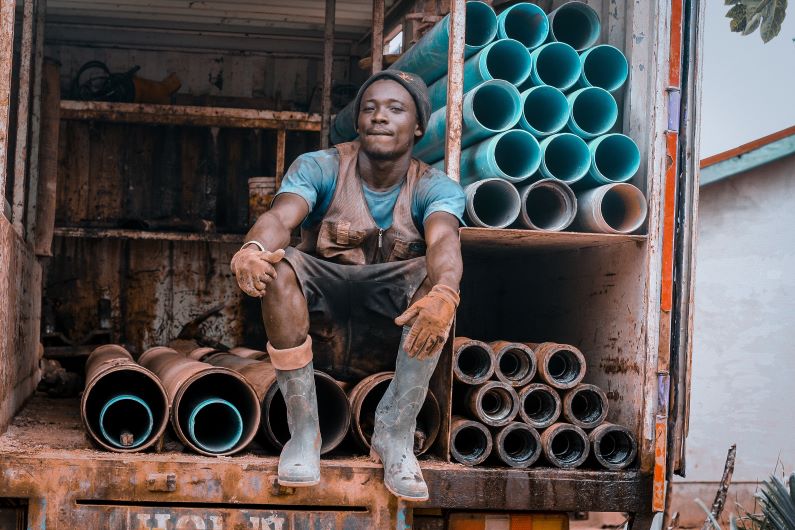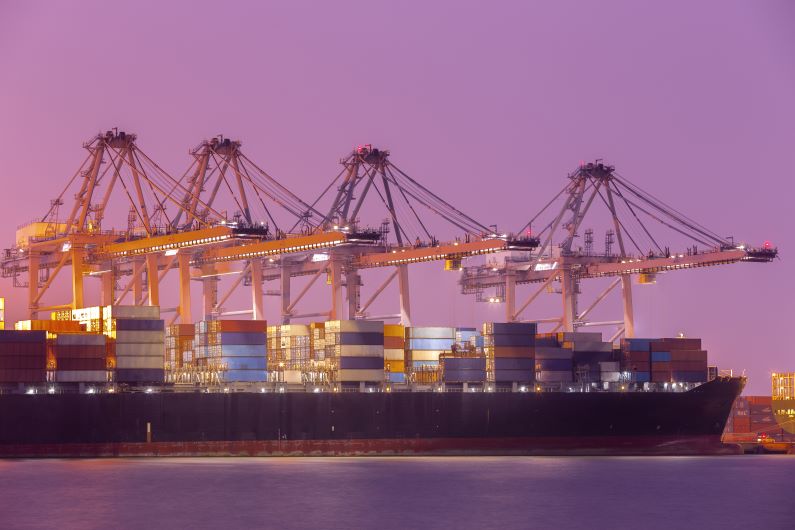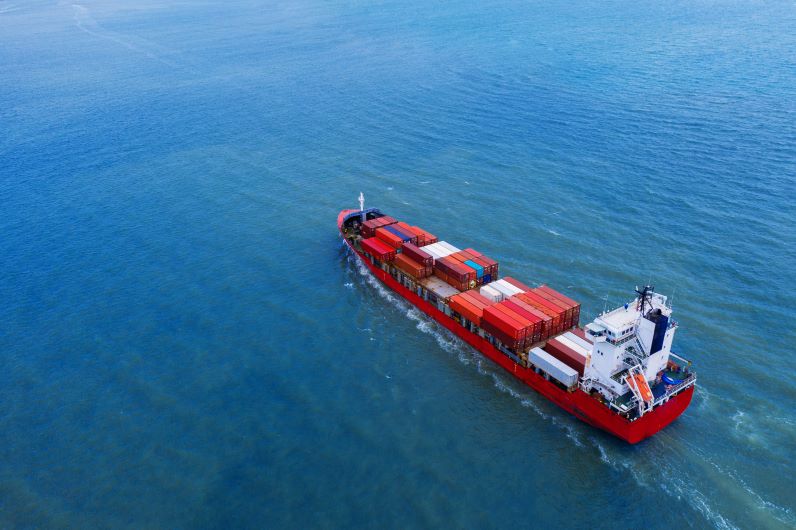
Caption: 93% of import duties paid in 2023 had remained unchanged for over two decades.
In a recent episode of Podcasts From the Edge, Peter Bruce of the Business Day engages in a conversation with trade expert Donald MacKay from XA International Trade Advisors, delving into the intricate dynamics of trade in South Africa. This is Part 2 of a five-part article.
… continued from Part 1.
MacKay further elaborates on the challenges plaguing South Africa’s trade landscape, particularly concerning the accessibility and effectiveness of protectionist measures. He notes a significant barrier to accessing protection in the form of exorbitant costs imposed by the government. Rather than the merits of a case determining eligibility for protection, it’s now contingent on a company’s willingness to bear the financial burden imposed by the authorities.
This high cost associated with engaging in trade instruments has deterred many businesses from seeking protection or relief from market pressures. MacKay observes that for the majority of the market, the cost-benefit analysis no longer justifies engaging with these instruments. Consequently, numerous companies have opted to navigate market risks and raw material inflation rather than committing to costly trade obligations.
Minister Patel’s analogy of a ‘bride’ requiring prospective suitors to bring something of value resonates with the current scenario. However, MacKay highlights the paradox wherein businesses are reluctant to engage further, leaving the government unable to extract the intended benefits from its protectionist policies.
Addressing the issue of protracted tariff investigations, MacKay sheds light on the role played by the International Trade Administration Commission (ITAC) and government ministers. While ITAC’s performance has remained consistent over the years, the bottleneck emerges when decisions reach the desks of Ministers Patel and the Minister of Finance. Despite ITAC’s independent mandate, political interference in the decision-making process has led to delays and inefficiencies.
MacKay underscores the politicisation of trade policy as a significant impediment to effective governance. The disproportionate allocation of time and influence to political figures undermines ITAC’s authority and hampers its ability to act autonomously. Ultimately, the concentration of power within the political sphere diminishes the efficacy of trade policies and impedes South Africa’s economic progress.
The conversation between Bruce and MacKay underscores the multifaceted challenges facing South Africa’s trade landscape. From the exorbitant costs associated with protectionism to the politicisation of decision-making processes, addressing these systemic issues is imperative for fostering a conducive environment for economic growth and industrial development.
Given the complexities of global trade, enhancing transparency, accountability, and efficiency within trade institutions are paramount. By prioritising evidence-based policymaking and depoliticising trade processes, the country can unlock its potential for sustainable economic advancement and prosperity.
MacKay highlights the enduring presence of import duties in South Africa with one startling statistic: 93% of import duties paid in 2023 had remained unchanged for over two decades. This stagnation creates a concerning scenario wherein industries remain perpetually shielded behind customs duties, hindering their ability to evolve and become competitive.
The automotive sector is a prime example, with high import duties contributing to artificially inflated prices for both imported and locally manufactured vehicles. MacKay underscores the paradox wherein South African consumers pay premium prices for domestically produced cars, which are heavily subsidised, while also facing steep import duties on foreign-made vehicles.
Continued in Part 3…
More news
- CELEBRATING EXCELLENCE IN THE RESIDENTIAL PROPERTY SECTOR
- PART 4: GIBS PANEL DISCUSSES INTEMEDIATE CITIES ROLE IN AFRICA’S DEVELOPMENT
- EXPOSED AGGREGATE PAVERS COMPLEMENT NEW LIFESTYLE CENTRE
- GIBS PANEL EXPLORES ROLE OF INTERMEDIATE CITIES IN SA’S DEVELOPMENT PART 3
- CITI-CON’S CONCRETE KNOWLEDGE SUCCESSFULLY DEPLOYED ON NEW LANDMARK DEVELOPMENT





